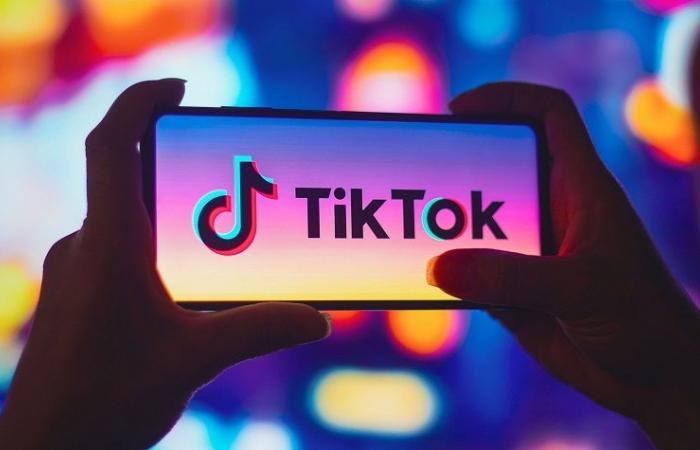The Chinese application TikTok experienced a few hours of interruption in the United States this weekend. Accused of exploiting the data of American users, it is the subject of a threat of ban which was put into practice a few hours from Saturday to Sunday.
(Cio mag) – The Chinese social network disappeared from the screens of American users for a few hours. The 170 million users have been weaned off, causing a rush to other apps or VPNs. But the application has been accessible again since this Sunday, when President-elect Donald Trump took a position in its favor, not unconditionally.
While he officially takes office on January 20, Donald Trump has since been in the thick of exercising power. It is his administration that should implement the decision to suspend TikTok. But the new American president, himself arrived on the Chinese application in February 2024, is now followed by more than 108 million people.
From the advice to boycott the application in 2020 to its adoption in 2024, the opinion of the incoming American president has evolved. He now proposes that the American branch of TikTok be 50% owned by an American. This is one of the reasons why Trump said on Sunday that TikTok must be saved. If ByteDance, the parent company of the application in the United States, has not openly accepted this proposal, it is certain that it could have difficulty escaping the American desire to recover it.
National security
The United States cites its national security to justify the measures taken against foreign technology giants. The protection of Americans is at the heart of all the standoffs that have already taken place between American administrations and these foreign companies, particularly Chinese ones. It is for similar reasons that Google was forced to no longer accept Huawei applications in its application stores. TikTok is therefore not the first Chinese application banned in the United States. In return, American applications and social networks (Google, Gmail, Facebok etc.) are blacklisted in China.
The battle between the two countries in the field of technological innovation has always existed. However, it has taken a new step in recent years, with the challenge of protecting mass data. In the show “Soft Power” on France Culture, Pierre Haski, journalist and geopolitical columnist analyzed in 2019: “The heart of what is happening between the United States and China is this technological rivalry. The United States does not want to let China overtake them on disruptive technologies.” The journalist claimed that the subject was “a fairly broad consensus in Washington.”
-And it’s not just about China. The battle to remain the technology leader spares no potential American competitor. The Russian Kaspersky also paid the price, banned in the United States since July 2024. The response from the Russian cybersecurity player, considering that it was a decision “taken on the basis of the current geopolitical climate and theoretical fears” nothing has changed.
The temporary suspension of TikTok in the United States revives the debate on the digital sovereignty of States. Commercial battle, race for technological leadership, national security…the great powers have no shortage of arguments to wage a merciless “war” in the field of technology.
Souleyman Tobias
Multimedia journalist. Opendata, digital transformation and cybersecurity particularly attract my attention. I am a correspondent for Cio mag in Togo.






